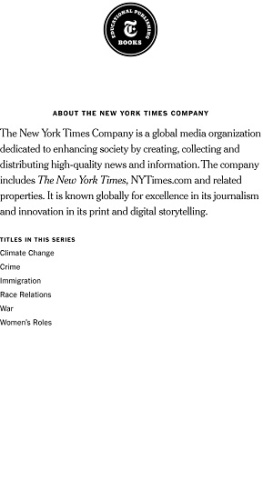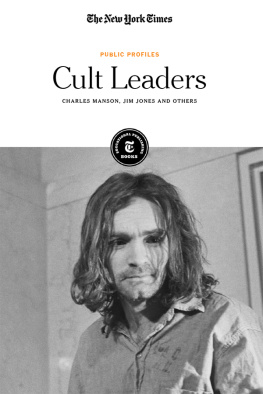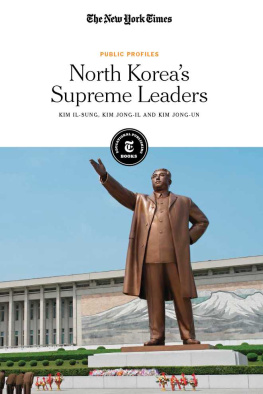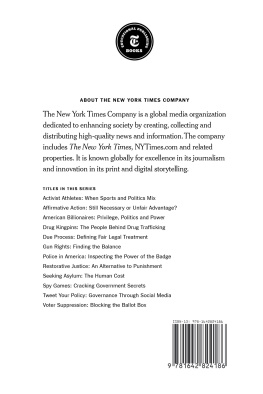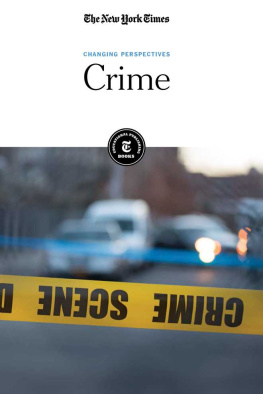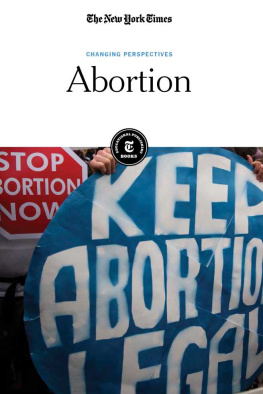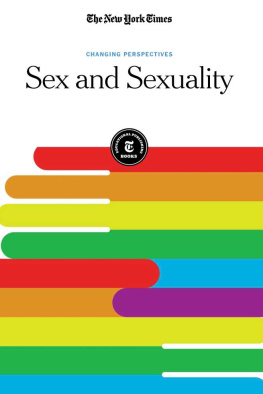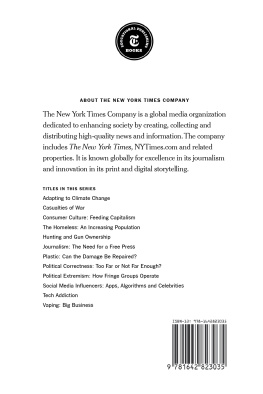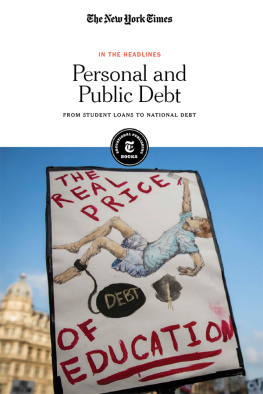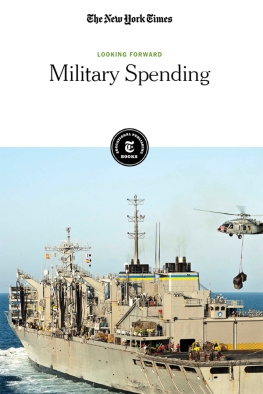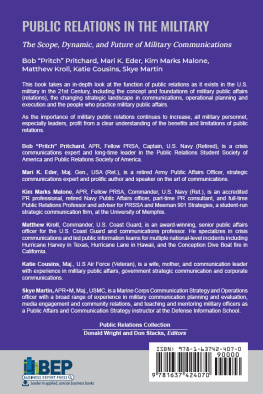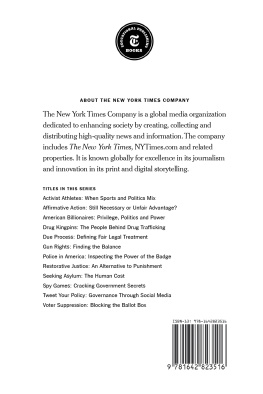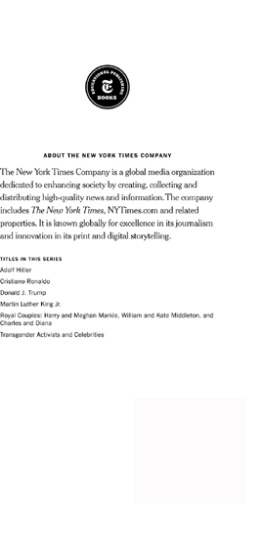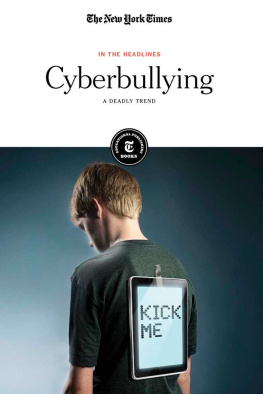Page List

Published in 2019 by New York Times Educational Publishing
in association with The Rosen Publishing Group, Inc.
29 East 21st Street, New York, NY 10010
Contains material from The New York Times and is reprinted by permission. Copyright 2019 The New York Times. All rights reserved.
Rosen Publishing materials copyright 2019 The Rosen Publishing Group, Inc. All rights reserved. Distributed exclusively by Rosen Publishing.
First Edition
The New York Times
Alex Ward: Editorial Director, Book Development
Brenda Hutchings: Senior Photo Editor/Art Buyer
Phyllis Collazo: Photo Rights/Permissions Editor
Heidi Giovine: Administrative Manager
Rosen Publishing
Greg Tucker: Creative Director
Brian Garvey: Art Director
Megan Kellerman: Managing Editor
Julia Bosson: Editor
Cataloging-in-Publication Data
Names: New York Times Company.
Title: War / edited by the New York Times editorial staff.
Description: New York : The New York Times Educational Publishing,
2019. | Series: Changing perspectives | Includes glossary and index.
Identifiers: ISBN 9781642820676 (pbk.) | ISBN 9781642820669 (library bound) | ISBN 9781542820652 (ebook)
Subjects: LCSH: WarJuvenile literature. | TerrorismJuvenile literature. | Conflict managementJuvenile literature. | Fighting (PsychologyJuvenile literature.
Classification: LCC U21.2 W37 2019 | DDC 303.625--dc23
Manufactured in the United States of America
On the cover: Iraqi Special Operations Forces soldiers survey the aftermath of an ISIS suicide car bomb that managed to reach their lines in the Al Andalus neighborhood of East Mosul; Ivor Prickett for The New York Times.
Contents
BY THE NEW YORK TIMES
BY G. H. PERRIS
BY THE NEW YORK TIMES
BY CAMERON MACKENZIE
BY MICHAEL KAZIN
BY TED WIDMER
BY STEVEN ERLANGER
BY THE NEW YORK TIMES
BY HANSON W. BALDWIN
BY THE NEW YORK TIMES
BY THE NEW YORK TIMES
BY SIDNEY SHALETT
BY JON MEACHAM
BY ALISON SMALE
BY JACK LANGGUTH
BY THE NEW YORK TIMES
BY THE NEW YORK TIMES
BY THE NEW YORK TIMES
BY CHRISTIAN G. APPY
BY MARK K. UPDEGROVE
BY ANDREW PEARSON
BY DAVID E. SANGER WITH JOHN F. BURNS
BY THE NEW YORK TIMES
BY JOHN TAGLIABUE
BY JOHN F. BURNS
BY DAVID E. SANGER
BY THE NEW YORK TIMES
BY MARK MAZZETTI
BY EDWARD WONG
BY LIZETTE ALVAREZ AND ANDREW LEHREN
BY HELENE COOPER AND SHERYL GAY STOLBERG
BY SINAN ANTOON
BY MATT UFFORD
BY PATRICK E. TYLER
BY STEVEN LEE MYERS WITH ALAN COWELL
BY NICHOLAS D. KRISTOF
BY DAVID ROHDE AND DAVID E. SANGER
BY SHERYL GAY STOLBERG AND HELENE COOPER
BY THE NEW YORK TIMES
BY MAX FISHER
BY SCOTT SHANE
BY THE NEW YORK TIMES
BY PRATAP CHATTERJEE
BY LAWRENCE WILKERSON
ON THE MORNING of September 11, 2001, terrorists hijacked two commercial airplanes and flew them into the towers of the World Trade Center. Another plane was flown into the Pentagon, and a fourth crashed in a field in Pennsylvania after passengers led a revolt. Less than a week after these attacks, the most severe terrorist incident in American history, President George W. Bush declared a war on terror. What followed was more than a decade of military engagement in Afghanistan, Iraq, Yemen, and Pakistan. Overnight, America became a nation at war. Again.
The articles in this book are arranged around five of the major conflicts America has been involved in over the last century: World War I, World War II, the Vietnam War, the Iraq war, and the war on terror. Each war began from a confluence of different forces; each concluded with a different notion of victory. But for those at home, a primary way to follow the progression of a battle and keep track of their loved ones was from the pages of newspapers and reporting of journalists like those at The New York Times.
War correspondents put their lives at risk. In search of facts, journalists report alongside soldiers on the frontlines of the battlefield. Some of their pieces, like the 1916 report from Verdun, France, evoke the experience of being at war. Other reporters describe commanders perspectives, as in the piece on President Obamas choice to deploy more troops to Afghanistan. And some reporting investigates and challenges the very premise of the war being fought. For example, the Timess reporting on the Pentagon Papers in 1971 exposed the governments deception in matters relating to Vietnam, undermining the justification for Americas involvement in the conflict itself.

TYLER HICKS/THE NEW YORK TIMES
A statue of Saddam Hussein in front of the burning National Olympic Committee in Baghdad in 2003.
By the very nature of war, facts are hard to come by and each side has a vested interest in controlling the narrative. For this reason, unbiased, independent journalism is essential in times of conflict. Many of the articles in this book were written contemporaneously with the events being reported. Others were written retrospectively. Looking at the two in conjunction, it is evident that often the facts on the ground change faster than the reporting can keep up with. Some events that appeared to be historic were overwritten by unforeseen developments just hours later. Decisions deemed necessary at the time years later appear foolhardy, even criminal. From primary reporting to later pieces informed by thorough, historical research, the articles in this collection demonstrate the ways in which our understanding of a given conflict can be as malleable as the events themselves.
Throughout these pieces run a series of philosophical questions: Is war necessary? Can it be justified? Who loses what in times of conflict? Ultimately, the United States is more experienced at war than peace. From the Revolutionary War, to the Civil War, to the war on terror, wars have been essential to the establishment of an American nation and a patriotic identity. It may just be a fact of existence.
The First World War began in 1914 when Archduke Franz Ferdinand of Austria was assassinated on the streets of Sarajevo by a group of Serbian nationalists. What followed were four years of grueling, bloody hostilities that entangled almost three dozen countries. Fought in trenches across Europe, in international waters by warships and U-boats, and on three different continents, the war became known as the War to End All Wars. Its resolution, however, paved the way for another major international conflict just twenty years later.

